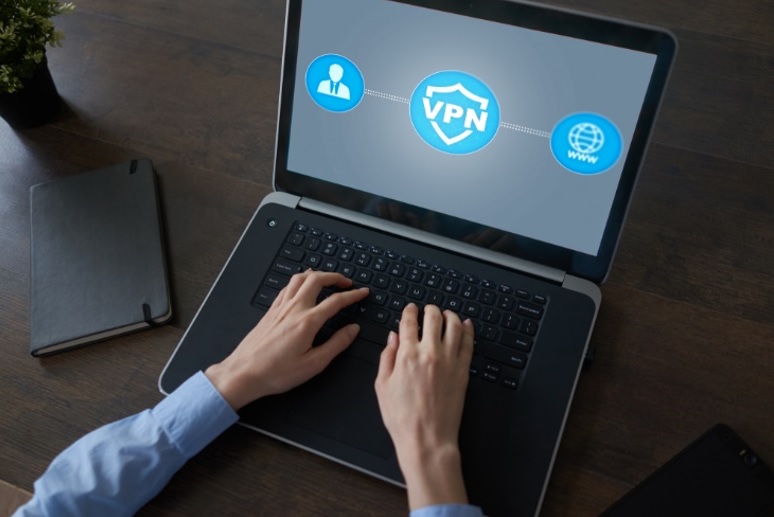
Research reveals that in the past few years, more and more people in the U.S. have begun working remotely. As of 2018, the country had 4.3 million remote workers, making up 3.2 percent of the entire workforce. These statistics show that more companies recognize that remote work can increase productivity and lower costs of operations.
While allowing employees to work from home typically reduces overhead costs, companies do need to invest in online security. Employees need to have access to secure files while working remotely, which poses a significant threat. Companies have to ensure their files cannot be tampered with or accesses by anyone outside of the organization. To reduce this risk, many companies use virtual private networks, also known as VPNs.
What is a VPN?
VPNs were created to address two unique issues: the need to lower the high cost of dedicated leased lines needed for branch-to-office communications, and the need to allow employees a method of securely connecting to office networks when working remotely.
VPNs allow you to create a secure connection to another network over the Internet. People use VPNs to hide their online activity from prying eyes on public Wi-Fi, to access region-restricted websites, and more.
What Does a VPN Do?
With a VPN, users route their Internet connection through the secure server rather than using their own Internet service provider. In essence, employees can access the Internet and pertinent data through the VPN eliminating the risks associated with using private or public Wi-Fi. The VPN acts as a mask of sorts, allowing you to connect to the Internet while protecting and securing your identity. When using a VPN, you connect to a server run by a VPN provider, which directs your traffic.
Does My Business Need One?
In March of 2017, the Senate voted to permit Internet service providers (ISPs) to sell customers’ browsing history. Then, the FCC ended net neutrality regulations, giving ISPs even broader control over the data traveling over their networks.
A VPN service’s primary function is to keep user web activities private. Businesses, in particular, should consider using a VPN to ensure that no unauthorized person or persons have access to their data centers or networks, keeping their working environment secure.
Connecting to a VPN is simple and provides many benefits, including the following:
- Enhanced Security– When using a VPN, you log-in with credentials then the computer exchanges trusted keys with a remote server. Once the server verifies you as authentic, all communications become encrypted. This encryption mechanism protects your connections from hackers, data theft, and spying governments.
- Cost Savings– A VPN allows your business to connect easily from anywhere. Using a VPN can save your business the costs associated with long-distance phone calls, it eliminates the need for expensive long-distance leased lines, and can offload support costs.
- Remote Access– Businesses often leverage VPNs to provide access to network resources when staff is not physically in the office. This way, staff can access their network over a secure encrypted connection, improving productivity and safety from anywhere.
- Geographical Freedom– VPNs allow users to, regardless of their location, access portals that are blocked in certain countries.
- Secure Downloading– While using a VPN, employees can safely download materials.
- File Sharing– If all Internet users at a company use a VPN, employees can exchange files without fear of security breaches.
Do I Need Further Online Protection?
Having a VPN does add a layer of protection; however, they are not invincible. Hackers have succeeded in attacking VPNs and accessing sensitive data. While having your employees use a VPN is far safer than allowing them to use their own networks, you should still invest in security software. Many employers favor endpoint threat detection and response software, which proactively scans and blocks any open-ended connections. This type of security software helps to eliminate vulnerabilities and protect valuable files and business data.
Choosing the Right VPN Provider
Using a VPN does prevent ISPs from having access to your company’s browsing data. However, you’re still granting the VPN provider access, and they can sell your data. For this reason, avoid any “free” VPNs— these services often offer the software for free but sell user data to make a profit. When shopping VPN systems for your business, look for a trustworthy provider with reputable clients and positive reviews.







Leave a Reply